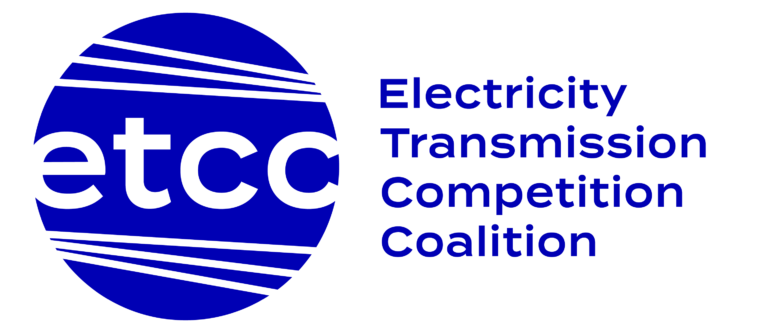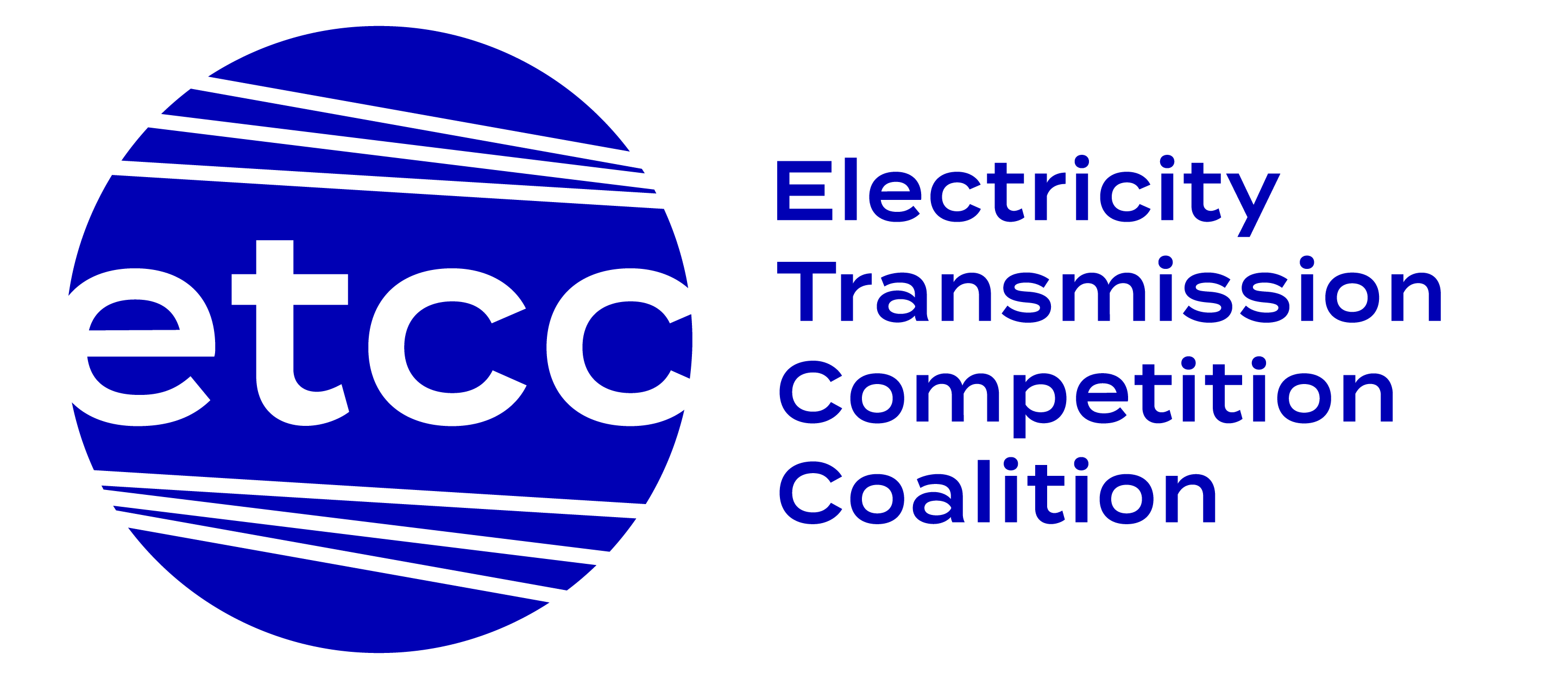
FOR IMMEDIATE RELEASE
December 7, 2023
ICYMI: Iowa Court Decision Has Regional Impact for MISO States and Billions in Cost Savings for Consumers
Iowa District Court Permanently Strikes Down ROFR Law as Debate Continues in the Midwest Over Who Can Build and Own New Transmission Lines
WASHINGTON – IN CASE YOU MISSED IT: The Iowa District Court for Polk County has set aside Iowa’s unconstitutional Right of First Refusal (ROFR) law and barred the state from issuing permits on regional transmission projects and intervenors from any action on their MISO assigned projects. POLITICO’s Energywire outlines how this decision will have an immediate and long-term effect on new transmission projects across the Midwest as the U.S. grid expands and evolves to meet the needs of the clean energy transition.
In March, the Iowa Supreme Court issued a temporary injunction on the ROFR law, noting that the bill lacked the votes to pass without “logrolling” and calling it “quintessentially crony capitalism.”
This final decision by the district court will now open up an estimated $2.6 billion in transmission projects to competition under MISO which is undergoing a massive build-out of new, high-voltage transmission lines. Competitive bidding of transmission lines has been shown to reduce costs on average by 40 percent.
MISO (Midcontinent Independent System Operator) is an Independent System Operator (ISO) and Regional Transmission Organization (RTO) that manages the flow of high-voltage electricity and future grid planning for all or part of 15 U.S. states, including: Arkansas, Illinois, Indiana, Iowa, Kentucky, Louisiana, Michigan, Minnesota, Mississippi, Missouri, Montana, North Dakota, South Dakota, Texas, and Wisconsin.
Legislatures in many of these states are currently considering legislation that could determine who gets to build these new high-voltage transmission lines, with incumbent utilities pushing ROFR laws in other Midwest states.
POLITICO Energywire’s Jeffery Tomich writes:
The Iowa district court ruling this week is the latest twist in the battle over who gets to build billions of dollars of new high-voltage power lines across the Midwest to bolster the region’s grid and accommodate a transition to cleaner energy.
…
Iowa is among a half-dozen states in the Midwest and the Great Plains that enacted ROFR laws in the aftermath of Order No. 1000 at the urging of monopoly utilities that wanted to box out competition. Other states in the region have considered or passed similar legislation this year.
They include neighboring Illinois, where Gov. J.B. Pritzker (D) vetoed it, saying it would raise electricity bills for consumers. Similar legislation was introduced in Missouri and Wisconsin but didn’t pass despite utility lobbying.
The Midwest is at the center of the debate over who should get to own and construct large new transmission projects. MISO is undergoing a multiphase $100 billion build-out of new power lines to accommodate state policies and utility plans aimed at slashing carbon emissions from coal plants that provided most of the region’s power for decades.
This week’s court order immediately affects five of the 18 regional transmission projects approved by MISO last year. The MISO projects were estimated to cost a combined $10.3 billion and aim to reduce grid congestion, bolster reliability, and enable more new wind and solar generation to displace fossil fuels. The grid operator is expected to approve another tranche of projects worth at least twice that amount next year.
Read full coverage in POLITICO here.
###
About the Electricity Transmission Competition Coalition
The Electricity Transmission Competition Coalition (ETCC) is a broad-based, nation-wide coalition committed to increasing competition in America’s electricity transmission infrastructure. We advocate for common-sense policies and solutions that result in competitively priced transmission projects, which reduce energy costs for all ratepayers – from large manufacturers to residential consumers. The ETCC represents a diverse group of more than 80 companies and organizations from 48 states, including manufacturing groups, retail electric consumers, state consumer advocates, public power representatives, think tanks, and non-incumbent transmission developers.
For more information, visit: www.electricitytransmissioncompetitioncoalition.org.
Press Contact:
Julian Graham
jgraham@signaldc.com
###
